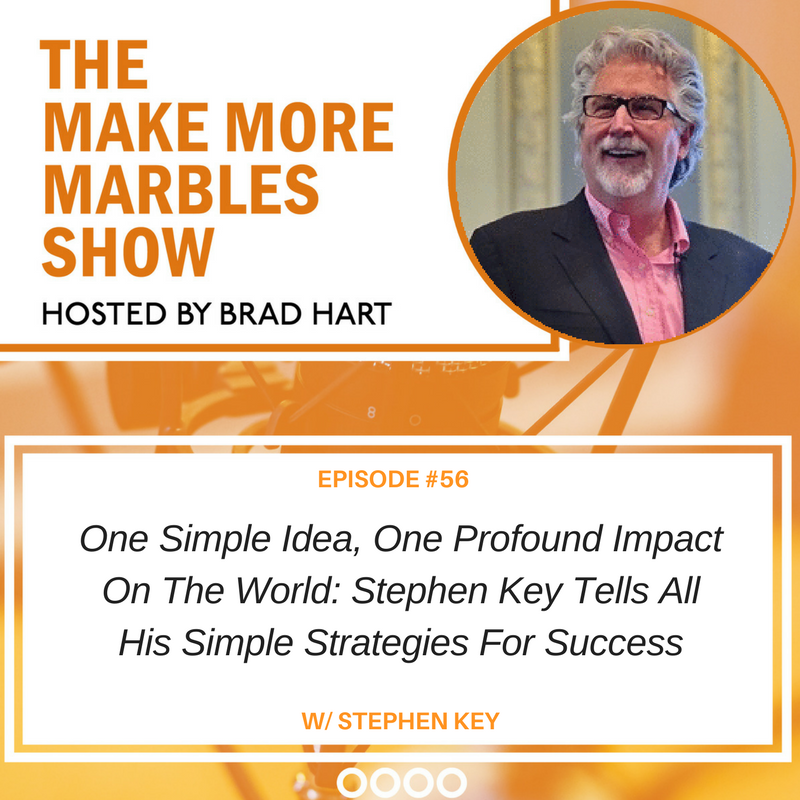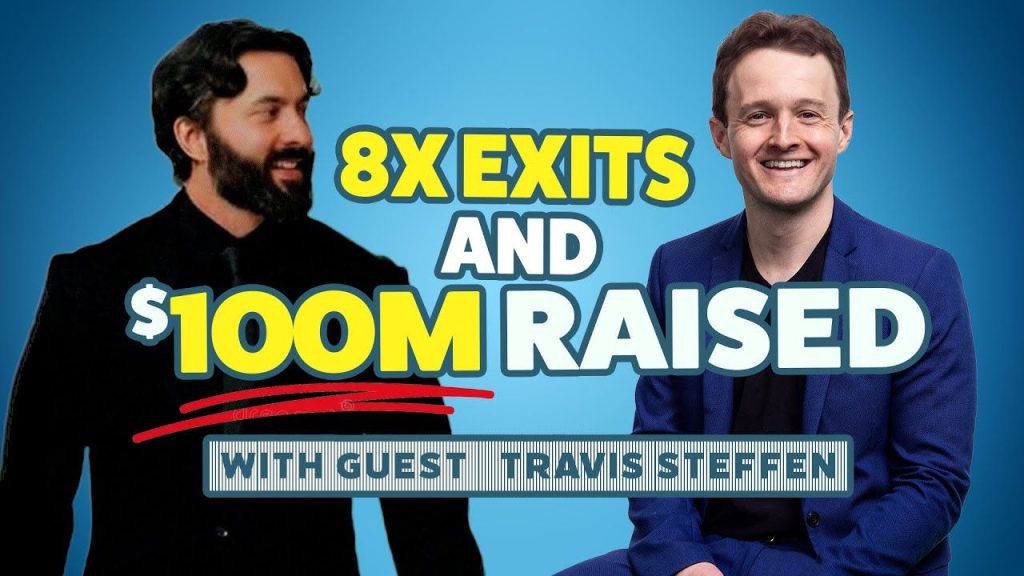Time stamped show notes:
[3:16] He’s made a lot of mistakes along the way.
[3:54] What he would do differently if he were to start over
[4:21] Used to do door-to-door sales. Hated it, but he considers it the best job he’s had.
[7:19] He’s in the game of rejection.
[7:49] He keeps all the rejection letters.
[12:24] Listen to what their needs are and give them that content.
[14:59] People first pay with their attention, then their time, and then their money.
[17:51] He doesn’t see problems. He studies mission statements, packaging, who’s buying, reviews, etc. and then he finds something he’s interested in and asks himself, “What is next?”
[20:04] He makes a slight variation of items that are already selling.
[26:34] He took an art class. He wasn’t very good at it, but he loved it. He thought that if he could do it for a living, he could spend a lifetime doing so.
[27:34] If you like what you do, it’s not work.
[28:01] How the provisional patent landscape has changed
[28:30] A lot of people are afraid to show their ideas because they think they will be stolen, but he doesn’t believe it happens that often.
[29:58] Always file a provisional patent application. Don’t be afraid. Find companies that embrace creators/creative people.
[34:39] Make a choice to use your voice.
[37:59] Things he laments have changed.
[38:03] It is hard to manage yourself with all the distractions.
[38:30] Be selective with who you listen to.
[40:58] He hopes we haven’t lost the ability to entertain ourselves when we’re alone by using our creativity.
[43: 03] He’s trying to figure out how to do more with less.
Three key points:
- Listen to what their needs are and give them that content.
- People first pay with their attention, then their time, and then their money.
- Be selective with who you listen to.
Resources mentioned:
Wealth Dynamics by Roger Hamilton
Last question:
Share, enjoy, watch his YouTube channel: InventChannelTV
How to contact him: stephenkey@inventright dot com




